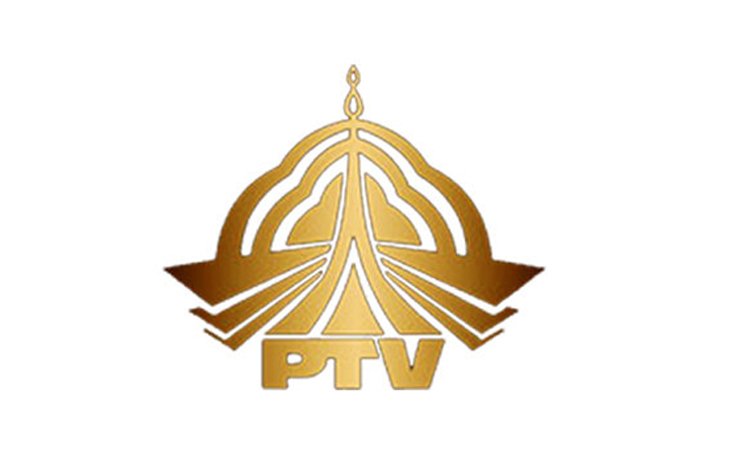ISLAMABAD: The Supreme Court has issued its verdict in the Pakistan Television Corporation (PTV) women harassment case and directed the controller in charge Athar Farooq Buttar for paying Rs0.5 million to each of the five victims.
A division bench led by Chief Justice of Pakistan Umar Ata Bandial heard the PTV harassment case.
According to the eight-page judgment written by Justice Mansoor Ali Shah, evidence proved the women in PTV were harassed to get posts.
Five women of PTV moved the top court against Controller Incharge Athar Farooq Buttar for harassing them. The court ordered Athar Farooq Buttar to pay Rs500,000 to each of the victims.
Top court’s judgement
“As evident from its Statement of Objects and Reasons, Preamble and substantive provisions, the objective of the Act is to actualise the right of women to join a profession or occupation of their choice, where they are treated as an equal with dignity and honour, and feel safe that their working environment is free of harassment, abuse and intimidation,” an eight-page judgment authored by Justice Syed Mansoor Ali Shah said while setting aside the Islamabad High Court order in the harassment case.
“The Act gives effect to Article 34 of the Principles of Policy under our Constitution which provides that steps shall be taken to ensure full participation of women in all spheres of national life.
“The Act opens pathways for women to participate more fully in the development of the country at all levels, and ensures equal opportunity for them to earn their livelihood in a safe working environment,” quoted Express Tribune.
“The Act also promotes the standards set by international commitments of Pakistan under the International Covenant on Civil and Political Rights (ICCPR), the International Covenant on Economic, Social and Cultural Rights (ICESCR), the Convention on the Elimination of All Forms of Discrimination against Women (CEDAW), and the ILO Discrimination (Employment and Occupation) Convention.”
The judgment said that the Amendment Act 2022 has extended the application of the act by adding in the definition of “employee” the informal workers without a contract, freelancers, domestic workers, interns, trainees, apprentices, students, performers, artists, sportspersons, etc, and by extending the definition of “workplace” to anyplace where services are rendered or performed by professionals, including educational institutions, gigs, concerts, studios, performance facilities, courts, highways, sporting facilities, gymnasiums etc.
“The Amendment Act has also redefined the expression ‘harassment’ and has included therein “discrimination on the basis of gender, which may or may not be sexual in nature, but which may embody a discriminatory and prejudicial mindset or notion, resulting in discriminatory behavior on basis of gender against the complainant.
“Although it is evident from the words, ‘demeaning attitude’, that the expression ‘sexually demeaning attitude’ used in the definition of ‘harassment’ means demeaning attitude on the basis of sex, the Amendment Act has further clarified it by providing that it includes ‘any gesture or expression conveying derogatory connotation’ that causes ‘interference with work performance or creating an intimidating, hostile or offensive work environment’, and covers conduct that discriminates against persons because of their gender and creates an intimidating or hostile working environment.”
Justice Mansoor noted that the Amendment Act has substituted the expression “a woman or man” with “any person” in the definition of “complainant” and has thus made applicable the protection of the Act to transgender persons also.
“The scope of the Act is not restricted to women only but it protects everyone – male, female and transgender persons. This change in the Act is commendable, as it would now extend the protection to transgender persons also, who are often the most vulnerable to different forms of harassment.
“The amendments introduced in the Act, we hope, would play an important role to realise the constitutional ideals and values of liberty, dignity, equality and social justice for women and transgender persons in Pakistan.”

